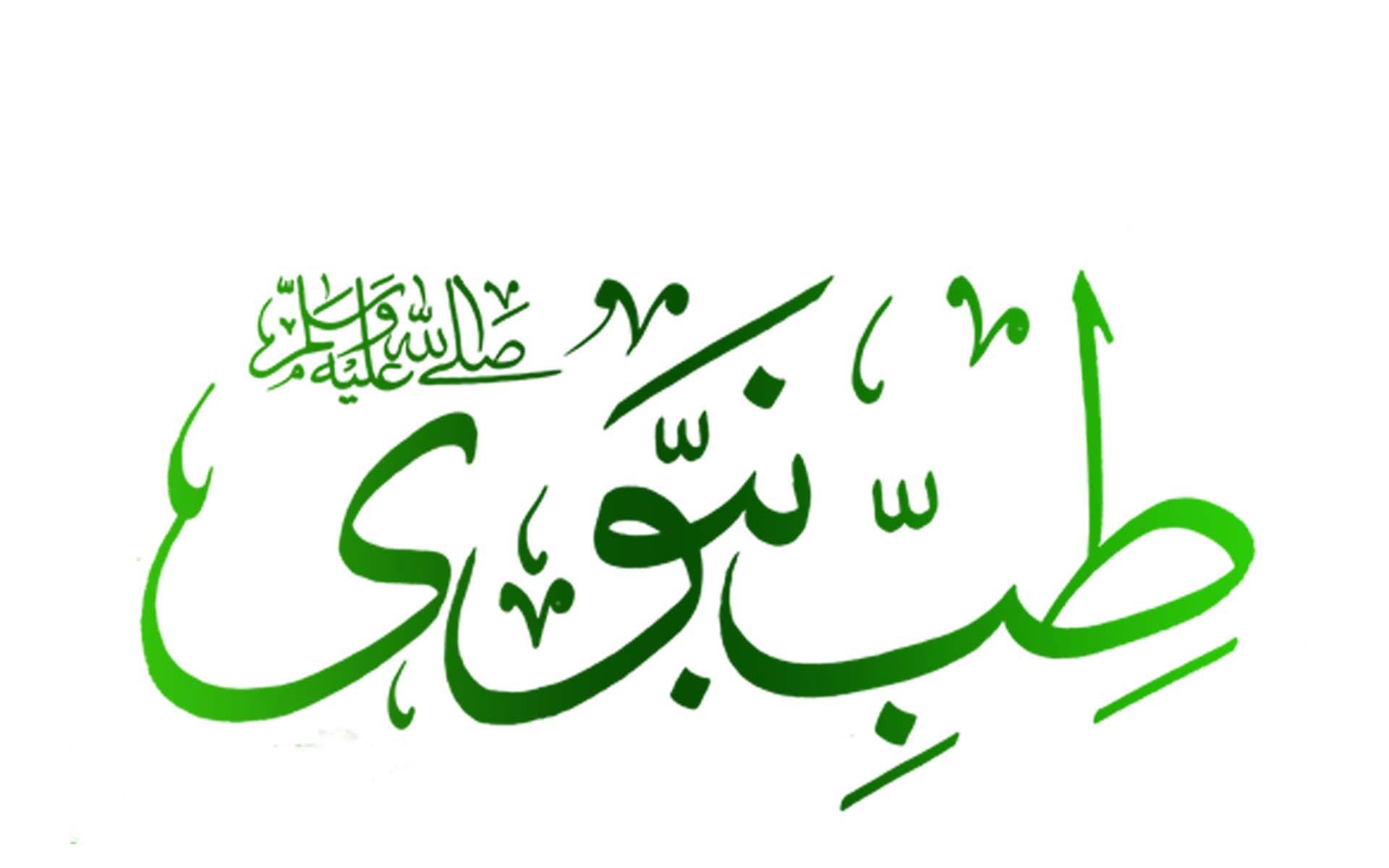
Names
- Hadis it is called as Zarirah (ذريرة )
- In Arabic it is called as Tharirah.
- In Sanskrit it is called as Vacha.
- In Urdu & Hindi it is called as Charaitah.
- In English it is called as Sweet flag, Bitter pepper root, Calamus.
- In Latin it is called as Calamus aromaticus.
Introduction of Zarirah. (Sweet flag)
It is long lived plant of Acorceae family, red coloured, pleasant smell.
It has rhizomes & branches of reeds shape, when the stem is broken, white coloured seeds are obtained, which are called as Zarirah.
Prophet صلی اللہ علیہ وسلم’s guidance about it
Arabic words written in below references are the words mentioned in respected Hadees. You can confirm the references of Hadees at sunna.com & Al-Maktab Al-Shamilah (المكتبة الشاملة) also.
Zarirah applied on beards & Ihraam
1. Hazrat A’isha رضي الله عنها narrates that she applied Zarirah (ذريرة) (sweet flag) on Nabi صلی اللہ علیہ وسلم’s beards & Ihraam, with her own hands, during the Haj-jatul-wida (fare well Haj) when Nabi صلی اللہ علیہ وسلم wear Ihraam. : Reference Bukhari: 5930; Book no. 77; In English volume no. 7; Hadees no. 814.
Zarirah to be applied on Blisters
2. Nabi صلی اللہ علیہ وسلم advised his wife to apply Zarirah (ذريرة) (sweet flag) because she had a blister on her finger & Nabi صلی اللہ علیہ وسلم said “Also do Dua to Allah Ta’lah” saying ” Who makes big things smaller & makes small things bigger” “Make small that what I have” (means the blister). : Reference Mustadrak Al Hakim: 7463.
3. One of the Wife of Nabi صلی اللہ علیہ وسلم says that, Nabi صلی اللہ علیہ وسلم asked “Do you have any Zarirah (ذريرة)” (sweet flag) she replied Yes, & (the respected) Nabi صلی اللہ علیہ وسلم applied it on a blister between his toes & made Dua “Oh! Allah, who extinguishes that is big & makes big that which is smaller” “Extinguish it for me” & the blister got extinguished. : Reference Majma Al-Zawa’id: 8350.
Other references
- Ibn Al-Qayyim says that Zarirah (sweet flag) is an Indian medicine, which is made from the reeds of Zarirah (sweet flag). It is beneficial for swelling in stomach, liver, hydrocephalus, it strengthens the heart & it has pleasant fragrance.
- Ibn Sina says that there is nothing better for burns than Zarirah (sweet flag) mixed with Rose water & Vinegar.
The reeds of Zarirah (sweet flag) are gentle, slightly astringent and pungent & removes swelling.
Contents
Essential oils, eginol, asarane, acetic acid, cetilic, vitamin B, colline, gallnuts etc.
Part use are: roots, seeds, branches.
Scientific benefits
- Strengthens the stomach & digestion.
- Regulates menstrual cycle.
- Expels gases.
- Helpful in malaria.
- Reliefs pain.
- Reduces kidney inflammation & UTI.
- Reduces swelling of stomach, liver & etc.
- It is anti spasmodic, anti carminative, analgesic, nerve tonic, anti septic.
- Helpful in rheumatism, eczema, fever, epilepsy, stomach ache, lice problem, jaundice, anti helmentic (anti worms).
- It is aromatic, diaphoretic, emetic, sedative, stimulant, tonic, vulnerary.
Science & Hadees regarding Zarirah
According to researches Zarirah can be used externally, the tea is used for sores, burns, scrofula, wounds, and ulcers. And also can be used as antispasmodic, aromatic, carminative, decongestant, diaphoretic, emetic, emmenagogue, expectorant, febrifuge, nervine, sedative, stimulant, stomach ache, tonic vulnerary. It is particularly known for the beneficial effects on the stomach, especially heartburn with sour eructations. A few small pieces of the root being chewed and the juice swallowed, but do not swallow the pulp, will give prompt relief. The roots may be chewed several times a day for chronic conditions, until the stomach is back in good healthy working order. It stimulates the appetite and helps to relieve acute and chronic colic, gastritis, fevers, colds, sinus headaches, sinusitis, coughs, and hyperacidity, deafness, arthritis, hysteria, neuralgia, epilepsy, shock. Chewing the root is said to stop pyrosis, the discharge of an acrid liquid from the stomach into the throat. For smokers, however, chewing the dried root tends to cause mild nausea, a property that makes sweet flag useful for breaking the smoking habit. A decoction of the rootstock makes a good bath additive for insomnia, malaria, cholera, typhus, flu, bronchitis, ague, diarrhea, dysentery, asthma, a general tonic, and tense nerves; it has also been used in baths for children with scrofula or rickets.
Conclusion of Hadees
Use Zarirah for blisters & also do Dua, can be used as a perfume.


